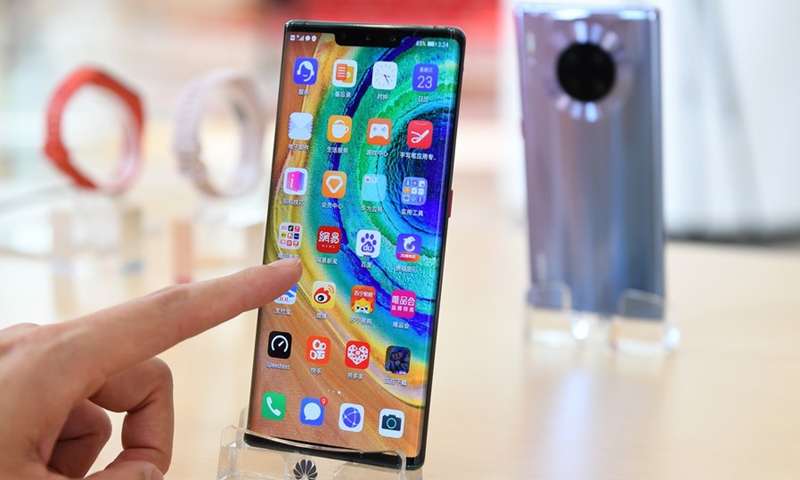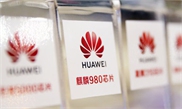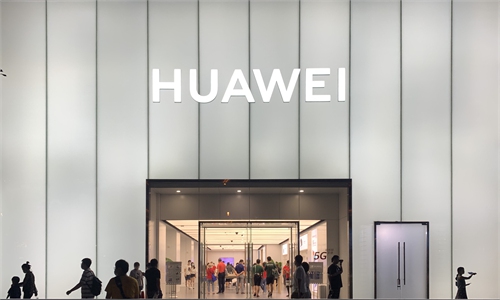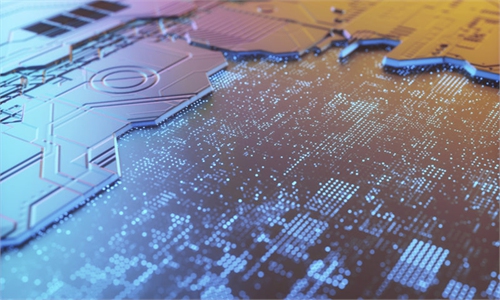
A visitor experiences Huawei's 5G Mate30 Pro at a press conference in Shenzhen, south China's Guangdong Province, Oct. 23, 2019. (Xinhua/Mao Siqian)
Chinese tech company Huawei will keep investing in its chip arm Hisilicon and help partners in chip manufacturing, production equipment and raw materials - areas in which the Chinese tech firm is restricted by the US - to build and improve their ability, said Huawei's rotating CEO Guo Ping.
The comment was made during Guo's recent meeting with Huawei's new employees. The meeting's memo was published on Huawei's online community Xinsheng Shequ Wednesday and titled "Don't waste the opportunity of a crisis," amid US' relentless crackdown on the Chinese tech firm and as a chip ban, which is set to take effect in mid-September, draws near.
The tougher US "sanction" on Huawei in May has created certain difficulties for the Chinese tech behemoth, but such difficulty is not an insurmountable one - it's just an issue involving technology, cost and time, according to Guo.
Guo admitted that the US-led crackdown on Kirin chipset will pose "certain difficulties" for the company's high-end smartphone business, but noted that he has confidence the issue "could be addressed."
"Hisilicon will grow stronger several years later," Guo said. He also noted that Washington must have "made up its mind" to destroy Beijing's 5G rollout as China has been leading the industry development, which could threaten the US desire to lead the world.
US-based memory chip manufacturer Micron recently said that the firm will not be able to continue to supply Huawei after September 14, the date when the shipment ban formally comes into effect. This marks the second global firm that fired shots at Huawei, after Taiwan-based chip manufacture TSMC confirmed that it does not plan to ship any wafers to Huawei after September 14.
It is not clear whether more chip makers will announce supply cut to Huawei as deadline approaches.
Amid the US moves that could cut Huawei from accessing to Google's Android updates and security patches, Huawei launched its self-developed HarmonyOS last year.
"It's not an easy decision for us, as a smartphone company, to develop our own ecosystem Huawei Mobile Services (HMS). It's very difficult and very challenging. But we delivered a better-than-expected one-year transcript," Guo said.
"If Huawei could help Android in achieving success, is there any reason why our own system cannot be a success?" Guo asked. He compared cultivating HMS as a protracted war that Huawei is destined to win in the end.
Huawei has launched a range of devices ranging from smart TV to vehicles that are equipped with its proprietary HarmonyOS. Some analysts expect that riding on the boom of China's 5G network and the expansion of HMS ecosystem, Huawei could launch the HarmonyOS for smartphone as early as the end of 2020.
"It is plausible to have two systems in a world. And Huawei will be able to survive and take the lead even in an extremely hostile environment," Guo said, while stressing the company's commitment to globalization and cooperation.
Global Times



